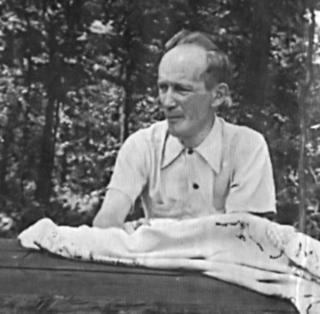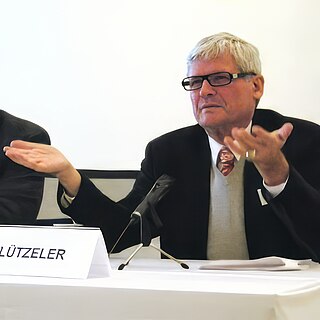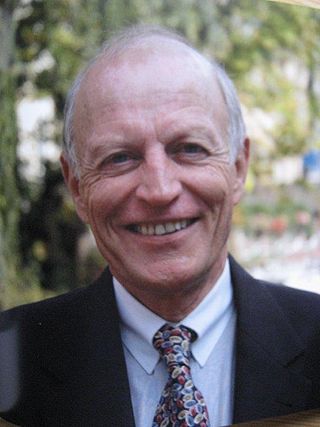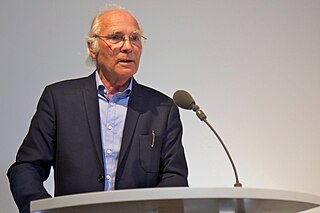
A cartel is a group of independent market participants who collude with each other as well as agreeing not to compete with each other in order to improve their profits and dominate the market. A cartel is an organization formed by producers to limit competition and increase prices by creating artificial shortages through low production quotas, stockpiling, and marketing quotas. Cartels can be vertical or horizontal but are inherently unstable due to the temptation to defect and falling prices for all members. Additionally, advancements in technology or the emergence of substitutes may undermine cartel pricing power, leading to the breakdown of the cooperation needed to sustain the cartel. Cartels are usually associations in the same sphere of business, and thus an alliance of rivals. Most jurisdictions consider it anti-competitive behavior and have outlawed such practices. Cartel behavior includes price fixing, bid rigging, and reductions in output. The doctrine in economics that analyzes cartels is cartel theory. Cartels are distinguished from other forms of collusion or anti-competitive organization such as corporate mergers.

Roman Osipovich Rosdolsky was a prominent Ukrainian Marxian scholar, historian and political theorist. Rodolsky's book The Making of Marx's Capital, became a foundational text in the rediscovery of Marx critique of political economy. As well as influenced later scholars such as Moishe Postone.
Ultra-imperialism is a potential, comparatively peaceful phase of capitalism, meaning after or beyond imperialism. It was described mainly by Karl Kautsky. Post-imperialism is sometimes used as a synonym of ultra-imperialism, although it can have distinct meanings.

Paul Michael Lutzeler is a German-American scholar of German studies and comparative literature. He is the Rosa May Distinguished University Professor Emeritus in the Humanities at Washington University in St. Louis.
State cartel theory is a new concept in the field of international relations theory (IR) and belongs to the group of institutionalist approaches. Up to now the theory has mainly been specified with regard to the European Union (EU), but could be made much more general. Hence state cartel theory should consider all international governmental organizations (IGOs) as cartels made up by states.

The 1955 Austrian State Treaty ended the four-power occupation and recognized Austria as an independent and sovereign state. In October 1955, the Federal Assembly passed a constitutional law in which "Austria declares of her own free will her perpetual neutrality." The second section of this law stated that "in all future times Austria will not join any military alliances and will not permit the establishment of any foreign military bases on her territory." Since then, Austria has shaped its foreign policy on the basis of neutrality.
Super-imperialism is a Marxist term with two possible meanings. It refers either to the hegemony of an imperialist great power over its weaker rivals which then are called sub-imperialisms, or to a comprehensive supra-structure above a set of theoretically equal-righted imperialist states. The latter meaning is the older one and had become rare by the middle of the 20th century.
Ulrich Steinvorth (born 1941) is a German political philosopher. He earned his doctorate with Günther Patzig in 1967. His dissertation was on private language and sensation in Wittgenstein. He habilitated in 1975 at the University of Mannheim with a thesis that advanced an analytic interpretation of Marx's Dialectic. His primary field of research is political philosophy. Additionally, he has published on topics in moral philosophy and applied philosophy, as well as the history of philosophy and metaphysics. He has also been an active supporter of the German branch of the Creative Commons movement.
Heinz Schilling is a German historian.

Dieter Mahncke is a scholar of foreign policy and security studies, and Alfried Krupp von Bohlen und Halbach Professor Emeritus of European Foreign Policy and Security Studies at the College of Europe. He is the author of books and articles on European security, arms control, German foreign policy, Berlin, US-European relations and South Africa.

The following is a list of the works by Alfred Schmidt, a 20th-century German philosopher, sociologist and critical theorist associated closely with the Frankfurt School. This list also includes information regarding his work as translator and editor.
The Rhenish-Westphalian Coal Syndicate was a cartel established in 1893 in Essen bringing together the major coal producers in the Ruhr.
Heiko Steuer is a German archaeologist, notable for his research into social and economic history in early Europe. He serves as co-editor of Germanische Altertumskunde Online.
Cartel theory is usually understood as the doctrine of economic cartels. However, since the concept of 'cartel' does not have to be limited to the field of the economy, doctrines on non-economic cartels are conceivable in principle. Such exist already in the form of the state cartel theory and the cartel party theory. For the pre-modern cartels, which existed as rules for tournaments, duels and court games or in the form of inter-state fairness agreements, there was no scientific theory. Such has developed since the 1880s for the scope of the economy, driven by the need to understand and classify the mass emergence of entrepreneurial cartels. Within the economic cartel theory, one can distinguish a classical and a modern phase. The break between the two was set through the enforcement of a general cartel ban after Second World War by the US government.
A compulsory cartel or forced cartel is a cartel that is established or maintained by an administrative order or by a legal directive. The interference of policies on these associations of entrepreneurs of the same trade varied. It ranged from a mere decision to establish a cartel or to maintain an existing one, to a strict state control.
Cartel seats as monuments were the headquarters or other premises of historical, no longer existing cartels in the sense of a group of cooperating, but potentially also rival enterprises. Often, these associations had been syndicate cartels, being an advanced form of entrepreneurial combination because of their tight organization with a common sales agency. The cartel buildings had been used for secretariats, meeting rooms, sales offices, advertising agencies, research departments and further more. Many such historical buildings can still be found in Europe and the United States.
Jan-Otmar Hesse is a German historian of economics.

Wilfried Gruhn is a German violinist, musicologist, music educator, and professor emeritus at universities in Germany and abroad. His focus is the music education of small children. He founded and directed the Gordon Institute of early childhood music learning in Freiburg in 2003. He is engaged in several international organisations such as International Society for Music Education (ISME) and the Internationale Leo Kestenberg Gesellschaft which published Leo Kestenberg's complete writings in six volumes.

Matthias Herbert Hartmann was a German Professor of Business Administration and the Dean of the Department of Economics and Law at the Hochschule für Technik und Wirtschaft Berlin. As an expert for innovation and technology management, he worked as a business consultant. In his function as staff officer of the reserves, he was a consultant in Germany's Federal Ministry of Defense.

Helmut Bley is a German historian. He is professor emeritus for modern and African history at the historical seminar of the Leibniz University Hannover.









